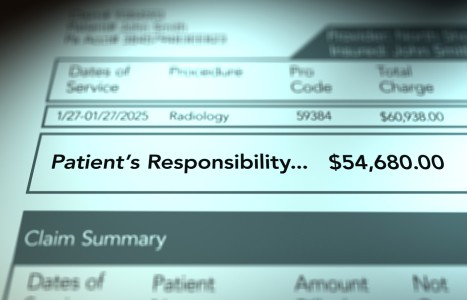Recent laws in New Jersey and California represent a disturbing trend that will negatively impact a practice’s ability to collect monies from patients, as well as expose them to significant penalties if the practice does not follow the mandatory guidelines to a T. Please be aware that a similar law may be coming to your state. The time to act is before the law is passed.
ACA Statement on Department of Veterans' Affairs' Chiropractic Services Pilot Program Evaluation Study (SDR #86-09)
The Department of Veterans' Affairs (VA) conducted a Chiropractic Services Pilot Program Evaluation study (SDR #86-09) between January 1986 and December 1988. Their final report, dated April 1990, has just become available.
The purpose of the study was to evaluate the therapeutic benefits and cost-effectiveness of providing certain chiropractic services to a group of veterans who were experiencing a very select subset of low back pain.
The report concludes that the benefits from chiropractic care were as good as those obtained from traditional VA medical care and that outpatient care costs of chiropractic care were significantly higher.
The report identifies significant deficiencies in both project design and implementation and asserts that the "results should be interpreted with caution."
Many of the VA's conclusions sharply contrast with those of a recently published multi-year chiropractic care-effectiveness study conducted by the British Medical Research Council. The British study concluded that "the potential economic, resource, and policy implications of our results are enormous," and that "introducing chiropractic into National Health Service (NHS) should be considered."
Based on the study's findings, the Department of Veterans' Affairs does not anticipate making chiropractic care more widely available to veterans.
The American Chiropractic Association, because of its concerns about the validity of the project and its conclusions, has initiated an in-depth, independent critique of the project. Further, the ACA strongly asserts that it is ill-advised to draw policy from these data pending further in-depth review.


